
Pin on healthy eating plan
The 2-week wait is the period of time between the end of your fertility treatment cycle and beta hCG blood test—the test that determines whether or not you're pregnant. It takes about 2 weeks from the time a fertilized egg implants in the uterine wall to start emitting enough of the hormone hCG (human chorionic gonadotropin) to be detected.

The 19 Healthiest Foods To Eat for Breakfast Healthy recipes, Healthy
Lentils/ Beans. They're the ultimate vegetarian source of protein, iron, fiber, zinc, potassium, and b-vitamins…everything your growing embryo needs. Beef/Tofu. Organic, grass fed, hormone-free beef for the omnivores and non-GMO, organic tofu for the vegetarians. Both are powerful blood building foods.

6 Of The Best And Most Beneficial Foods And Drinks To Eat Post Workout
Final Thoughts on Foods to Eat During a 2 Week Wait. The two-week wait can be a difficult time for pregnant women. By following these tips, you can increase your chances of successful implantation and healthy pregnancy. Remember to rest, stay hydrated, and avoid stress as much as possible. Eat a healthy diet rich in fruits, vegetables, and.

Pin on Healthy & Balanced diet food
These 6 practical tips are going to help you make your two-week wait the most inviting for baby and more enjoyable for you. 1. Eat to support healthy hormone levels and to nourish a healthy uterine lining. Think fiber to promote healthy estrogen metabolism and digestion. Foods like ground flax seeds, dark leafy green vegetables like kale.
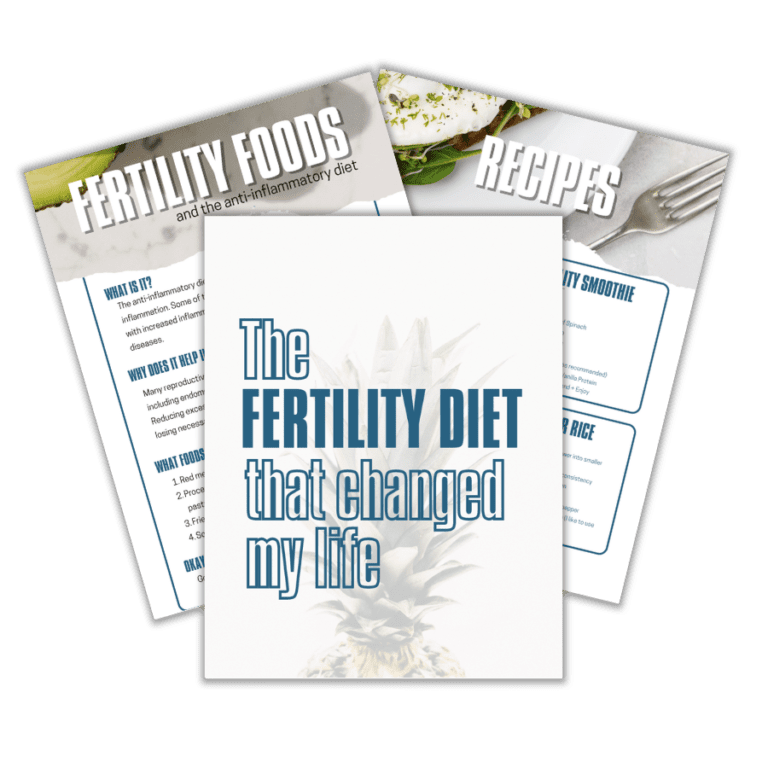
7 Foods to Eat During the 2 Week Wait That Support Implantation
Foods to eat during the 2-week wait. Whole grains - They contain a whole host of nutrients that support fertility such as b vitamins, iron and fibre. Increasing intake of wholegrains can increase endometrial lining thickness which can optimise implantation success. Examples include quinoa, brown rice and whole wheat bread.

13 Great Foods to Eat While On an Intermittent Fasting Diet
Bloating. Food cravings. Headaches and body aches. Around days seven to 10 of the TWW, a pregnant woman's body will begin to produce the pregnancy hormone hCG. This hormone is responsible for many of the most noticeable changes of early pregnancy. Around this time, you may also experience light implantation bleeding.

Two Week Wait New Health Guide
The nutrients in the foods you eat support you and your baby. Focus on eating plenty of veggies, fruits, whole grains, lean protein, and healthy fats. Fit in regular physical activity. Staying active supports your physical and mental health and helps to relieve stress, a big plus for fertility. Exercise is also good for your baby-to-be.

Pin on fast diet
The current guidelines for the two-week wait suggest taking part in up to 150 minutes per week of low-impact or moderate-intensity activities. This includes walking, swimming, yoga, Tai Chi, and low-impact whole-body aerobics. At this stage, limit exercise to 30-45 mins per day.
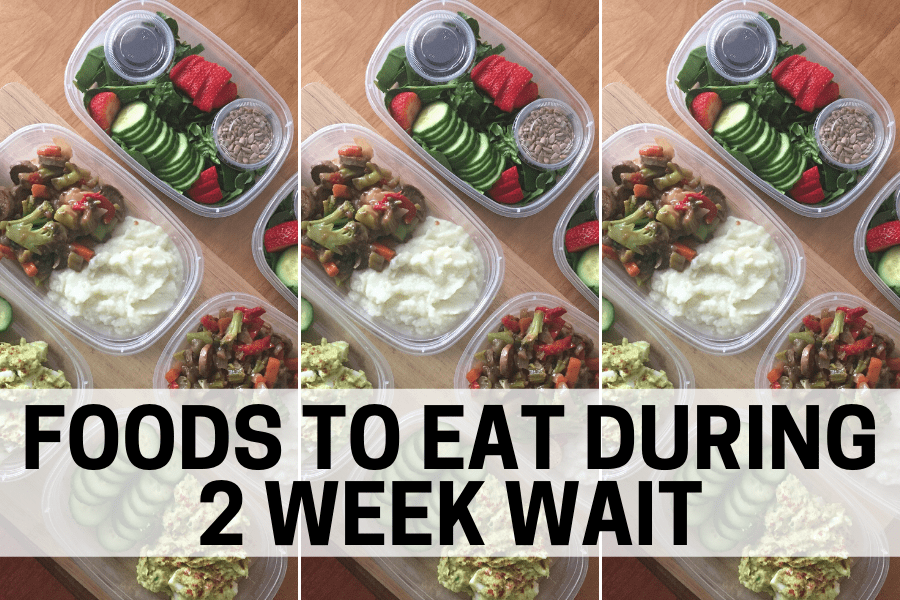
7 Foods to Eat During the 2 Week Wait That Support Implantation
Enhance the two-week wait with 7 foods, recipes, and tips for natural implantation support on your pregnancy journey.. In your journey towards successful implantation, it's not only about the foods you eat but also the way you nurture your body and mind. In this section, we offer practical lifestyle tips that encompass stress reduction.

Sample 2Week Menus thumbnail image Babies Mine Pinterest Menu
MS, RDN, LD, CLEC, CPT. Contact. The two-week wait. The two-week wait (the time between ovulation and the time a pregnancy test can be taken) can be exciting and nerve-wracking at the same time. Many women ask me what they should or should not eat/do during this window of time. The general recommendation is to "eat as if you are already.

Pin on Nutrition Tips Picky Eating
Lamb warms the yang in Traditional Chinese Medicine and is beneficial in the second half of the cycle. It also strengthens the blood and increases circulation in the body. I typically make it as a large stew in a crock pot with warm spices like cinnamon, ginger and cumin. Pineapple: Pineapple, and specifically its core, contains an enzyme.
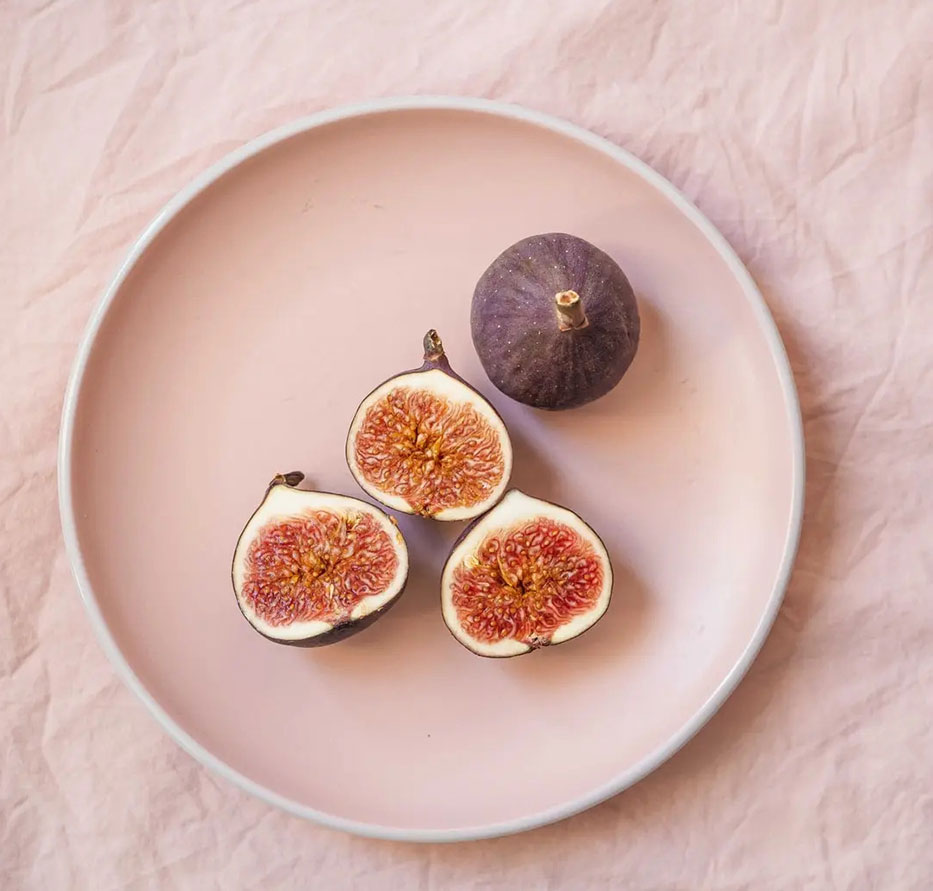
Foods to eat during the 2 week wait Fertility Dietitian
Throughout your cycle, choosing foods to keep inflammation low, improve blood flow & support hormone balance will support implantation during the two week wait. Foods that are rich in nutrients that support implantation: Zinc for progesterone support: shellfish, nuts & seeds. Omega-3's to decrease inflammation: fatty fish, avocado, olive oil.
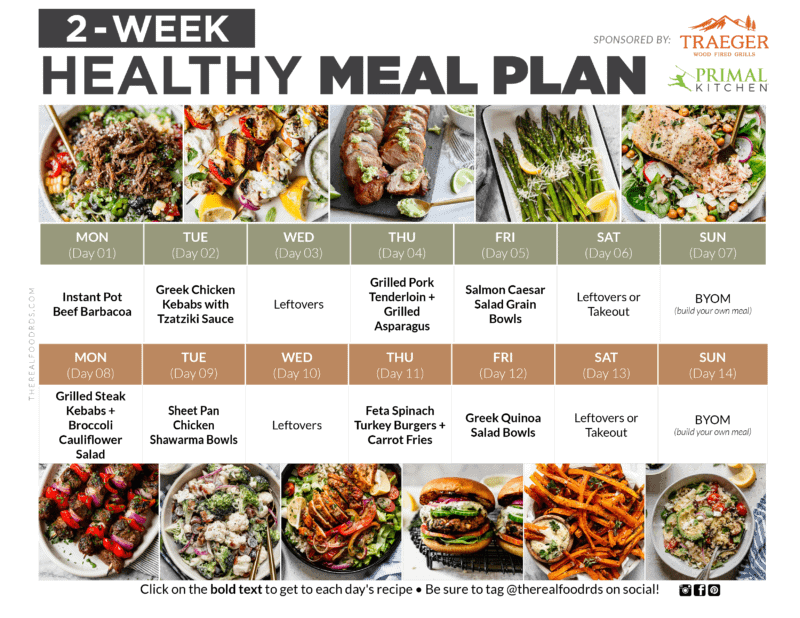
2Week Healthy Meal Plan with Grocery List The Real Food Dietitians
This 2 week meal plan and guide is formulated to be consumed in the weeks leading up to and during the two week wait to support implantation. The recipes incorporate foods for implantation and nutrients known to support implantation within a fertility-friendly style of eating. Making positive dietary changes can support the endometrial lining.

Pin on Diet
The two week wait, also referred to as the "TWW" in the fertility community, is the period of time between ovulation and when an embryo implants (if the pregnancy is successful). After this two week waiting period, your body will be producing enough beta-hCG (also known as the pregnancy hormone) to be detected in your urine or blood when you.
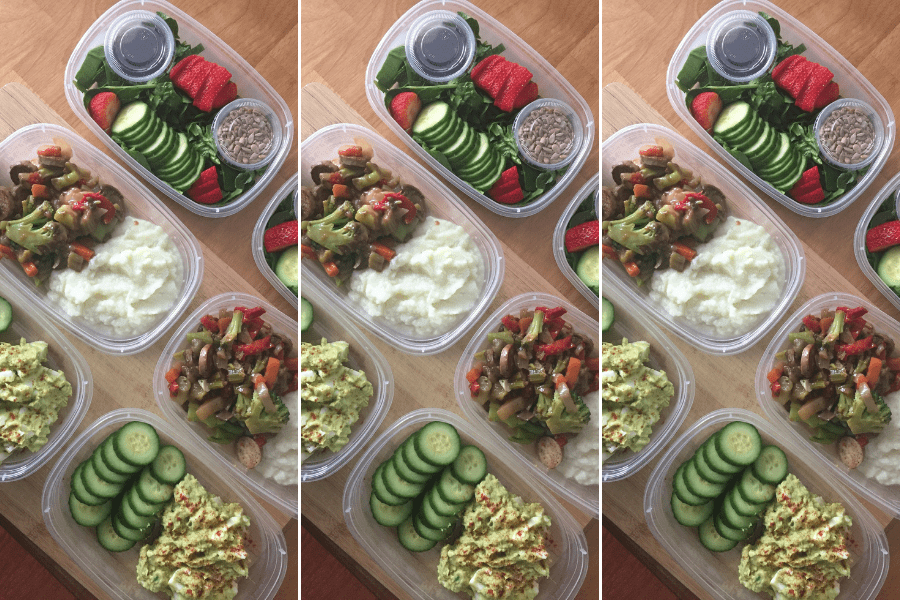
7 Foods to Eat During the 2 Week Wait That Support Implantation
The two-week wait, or TTW in fertility -speak, is the 14-day interval between ovulation and when your period usually occurs. The same TTW happens after a fertility treatment and the date when you're supposed to take a pregnancy test, sometimes at a clinic or the doctor's office. Keep in mind that the two-week wait is based on a 28-day cycle.

What to eat before and after a workout. Post workout food, Pre
Eat your greens. We are always told to eat our greens, and in this case it's no surprise they are one of the key foods to include for the two week wait. Rich in fertility-friendly folate which we already know plays a key role in preventing neural tube defects, and now has possible benefits to support implantation.